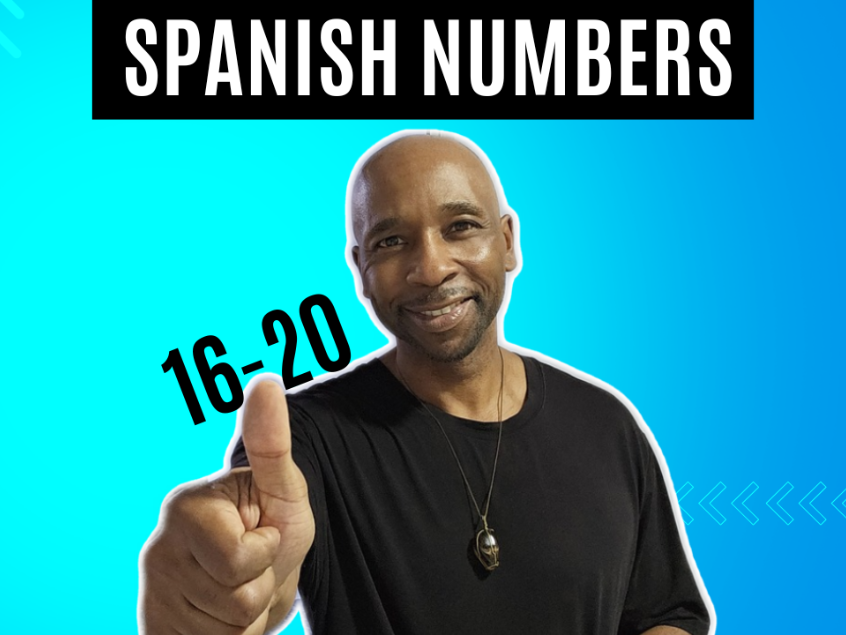7 Days of the Week in Spanish: A Fun & Easy Guide
Welcome to Good Enough Spanish! In today’s lesson, you’ll learn the days of the week in Spanish. Because trust me, if you don’t know them, you will be lost!
Follow along with the video for best results:
Why You Need to Learn the Days of the Week in Spanish
Knowing the days of the week is a small yet vital part of learning a language. Whether you’re booking a tour, planning your week, or simply trying to follow conversations while traveling, understanding the days just comes in handy. So let’s dive in!
The Days of the Week in Spanish
Here’s a quick breakdown:
- lunes: Monday
- martes: Tuesday
- miércoles: Wednesday
- jueves: Thursday
- viernes: Friday
- sábado: Saturday
- domingo: Sunday
Pretty straightforward, right? Now, don’t just read through this list once and forget it. Let’s practice pronunciation because output is key.
Listening to the words is great, but speaking them is where the real learning happens.
Pronunciation Tips
Let’s go over each day of the week with some extra pronunciation tips to help you sound more natural.
– For best results, refer to the video above where I recite them.
Monday (lunes): Remember, the “U” in Spanish is pronounced like “ooh.” So it’s loo-nes.
- Tuesday (martes): The “A” in Spanish is like “ah.” It’s mar-tes.
- Wednesday (miércoles): This one’s a bit tricky because of the accent. It’s pronounced mee-ér-co-les.
- Thursday (jueves): Here’s a cool tip – the “V” in Spanish sounds more like a soft “B.” So it’s weh-bes.
- Friday (viernes): That “IE” is pronounced like a hard “E,” so it’s bee-er-nes.
- Saturday (sábado): Spanish “A” is always an “ah,” so it’s sah-bah-doh – not “say-bah-doh” like a Gringo!
- Sunday (domingo): Remember the “O” sounds like the “O” in “open.” So it’s doh-meen-go.
Articulate each word clearly. Spanish pronunciation is different from English, and it’s important to nail these little details to sound more fluent.
Why Pronunciation Matters
If you’ve watched my previous videos on the Spanish alphabet and the Spanish vowels in Spanish, you’ll already have a head start. Each letter and sound in Spanish is consistent. For example, the “U” in lunes is always “ooh,” and the “A” in sábado is always “ah.”
By understanding these vowel sounds and practicing them, you’ll become more confident in your speaking skills. Trust me, the more you practice saying these words out loud, the faster you’ll improve.
Wrap-Up and Next Steps
So that’s it for today! Keep practicing the days of the week until they roll off your tongue naturally. Don’t forget to subscribe to Good Enough Spanish, because I’ve got plenty more lessons coming your way.
And remember… You don’t have to be perfect, just good enough.
Subscribe Now for more Spanish-Learning Tips



Practice, practice, practice!
Claro. ¡La práctica hace progreso!
Right. Practice makes progress!
Wonderful tips, I like to learn Spanish in a way more practical. I appreciate you’ve taken the time to explain the right pronunciation of the vowels, it helps a lot.
Gracias por tu comentario. Me alegro de que te haya ayudado.
Thank you for your comment. I’m glad it helped you.